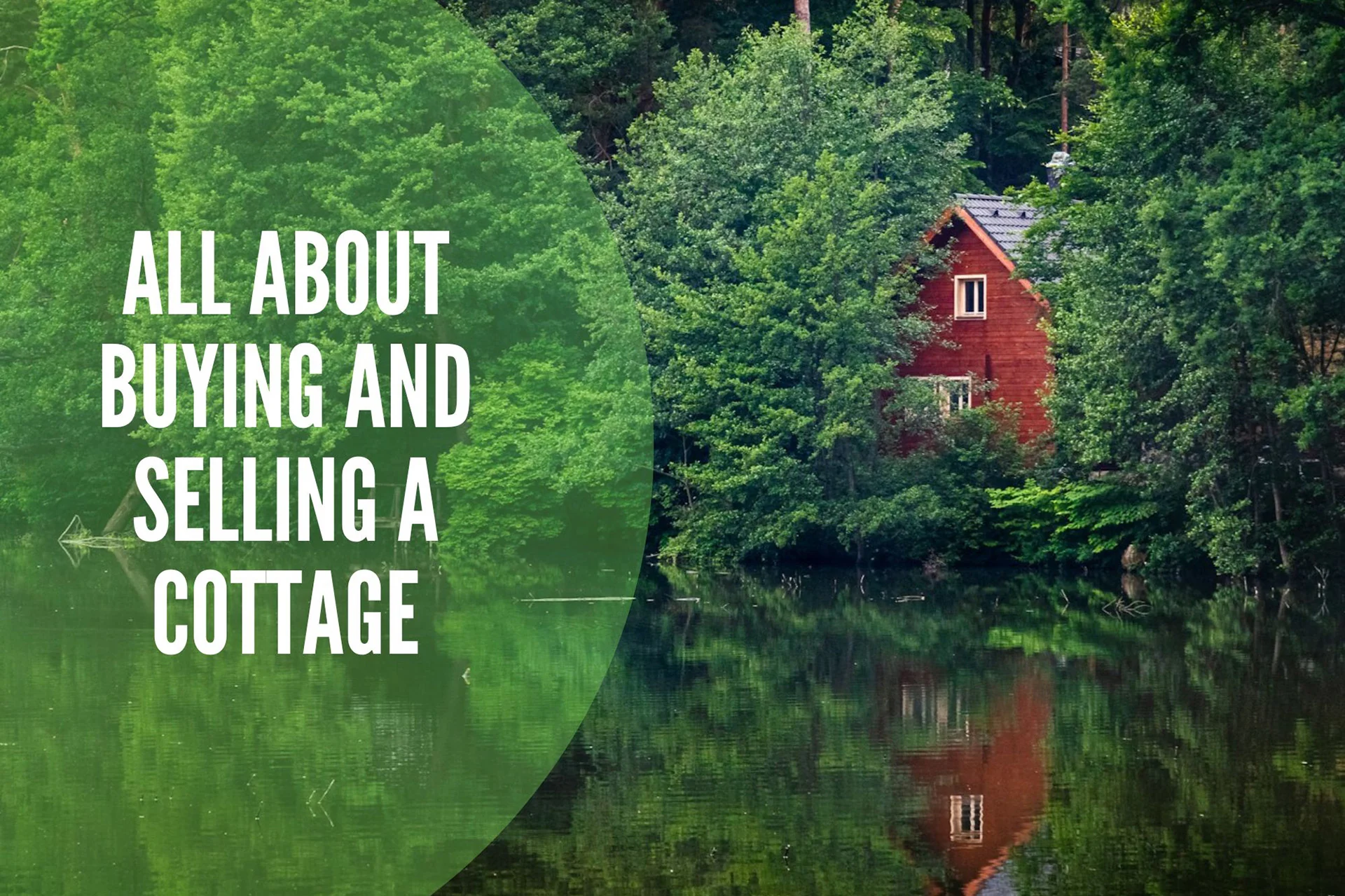

Cottage Dreams: A Guide to Buying and Selling
Cottage ownership represents a cherished Canadian dream for many. The allure of tranquil lakes, lush forests, and cozy evenings spent by the fire draws buyers to explore recreational property markets. Whether you are a seasoned cottage owner or a first-time buyer, understanding the intricacies of cottage transactions proves essential. This guide provides helpful information for buying and selling cottages. It covers impotant aspects like property assessments, legal considerations, and financial planning, providing you with the knowledge you need to make informed decisions.
Finding the Right Cottage
Begin your cottage search by defining your needs and wants. Consider the desired location, size, amenities, and proximity to essential services. Online real estate platforms and local real estate agents offer valuable resources for browsing available properties.
Visiting potential cottages allows you to assess their condition and suitability. Inspect the property carefully, paying close attention to the structure, plumbing, electrical systems, and waterfront access.
Engage a qualified home inspector to conduct a thorough assessment of the cottage and identify any potential issues.
Click here for more information on Orangeville realtors
Related Article: What Are the Disadvantages of Living in a Cottage?
Related Article: Can You Permanently Live in a Cottage?
Legal Matters and Due Diligence
Engage a real estate lawyer specializing in recreational properties to review the purchase agreement and handle all legal aspects of the transaction. The lawyer will conduct title searches, ensure legal compliance, and protect your interests throughout the buying process.
Verify property boundaries, access rights, and any potential easements or restrictions that may affect the property’s use and enjoyment.
Preparing Your Cottage for Sale
Enhance your cottage’s curb appeal by decluttering, cleaning, and staging the property to attract potential buyers. Highlight the unique features of the cottage and its surrounding environment.
Set a realistic asking price based on comparable sales in the area and current market conditions. An experienced real estate agent can provide valuable insights into pricing strategies.
Marketing your cottage effectively through online listings, professional photographs, and virtual tours can increase its visibility and attract a wider range of buyers.
Negotiating Offers and Closing the Deal
Be prepared to receive and negotiate offers from potential buyers. Your real estate agent will guide you through the negotiation process and help you reach a mutually agreeable price and terms.
Once you accept an offer, your lawyer will handle the final closing arrangements, including the transfer of ownership and the disbursement of funds.
Thoroughly review all closing documents to ensure accuracy and completeness before finalizing the transaction.
Ongoing Cottage Ownership
Regular maintenance and upkeep are essential for preserving your cottage’s value and ensuring its long-term enjoyment. Implement a preventative maintenance plan to address potential issues before they become major problems.
Familiarize yourself with local bylaws and regulations regarding waterfront usage, property maintenance, and environmental protection.
Cottage ownership offers a rewarding and fulfilling lifestyle. By understanding the nuances of cottage buying and selling, you can navigate the process with confidence and achieve your cottage dreams.
Whether you are purchasing your first lakeside retreat or selling a cherished family property, the right preparation helps to navigate the market successfully. Remember that engaging with experienced professionals such as real estate agents and lawyers remains crucial throughout the process. Their expertise will safeguard your interests and ensure a successful outcome. The allure of cottage life beckons, and with careful planning and execution, you can embark on your cottage journey with confidence.


